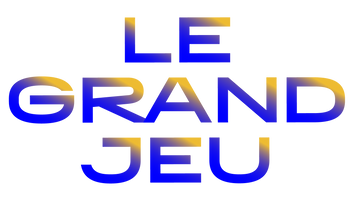
Bill Henson - The Liquid Night
120 pages
Photograph(s) by Bill Henson
29.5 x 29.5 cm
Language: English
Hardback
Publisher: Stanley Barker
2023
The images in Bill Henson’s cinematic new book The Liquid Night, derive from work the highly acclaimed artist shot on 35mm colour negative film in New York City in 1989. They present a kaleidoscopic, nocturnal journey through the frenetic, neon-lit streets of a long-lost America.
"They were shot as formal 35mm frames and served as images in quest of an artistic resolution which Bill Henson became besotted with and which he has now resolved in digital terms creating a compendium of new art which is a recapitulation of a world that has vanished like an all but forgotten dream that tugs at the mind as a set of animated emblems that no longer exist in contemporary reality.
"They revisit in the artist’s memory –– and as strange images in the spectator’s –– a world that is the instantiation of time lost and only to be recaptured by the restored function of memory.
"Think of a hypnotic time. A jazz bar near Washington Square. The gin and tonic they would bring you like a ritual, the sacrament of an old-time religion, and the way they would shift you so that Tony Bennett could be closer to the piano which he was obsessed by. And then you would make your way back to the Algonquin and at midnight (because they closed the doors then) you would have to be let in by the bellhop whose hair turned grey, then white and Matilda the cat who endured everlastingly, through the autumn of an age into the winter of senescence.
"Originally there had been the idea of a collage work but now in The Liquid Night there are the pages with the images that have their own bygone intelligibility. Sometimes they are composed by a principle of magnification. But it was only in the last few years that Bill Henson realised how they could be exhibited. He came to love the detail, the iconoclasm of these images and the way they converged on each other. At first, nothing came into his head. But it gradually became clear that he had to show the negatives for the imprint of the life that once was. He moved around images, sometimes in extreme closeup and discovered, one more time, that it was the unbelievable beauty of film that he set out to reproduce. It included a version of the familiar Francis Bacon epiphany: the finding of the artist’s own characteristic and self-defining shape. And the form that familiar apparition took was a wild extremity of nostalgia, the kind of nostalgia that haunts Tarkovsky and is intensely and fathomlessly serious. Bradley’s jazz bar is no more and only the ghostly outline is left and is forever inseparable from the sense of loss.
"It’s many years now since the art critic the late Peter Schjeldahl (who wrote so eloquently of Bill Henson’s work) began a lecture by announcing that Eric Fischl might just be the first great painter of the decline of American civilization. And that wry, all but whimsical pessimism, that bleak joke speaks to Bill Henson with the extraordinary uncanny sense of loss these images disclose. Where are the snows of yesteryear, where is anything, where is everything? It’s all gone, and the technology is gone. The very idiom of the world recollected in The Liquid Nighthas disappeared. The ads shown here are for cassette tapes.
"This is the work of a photographer of genius recreating the discardable mystery of his past." - Peter Craven












